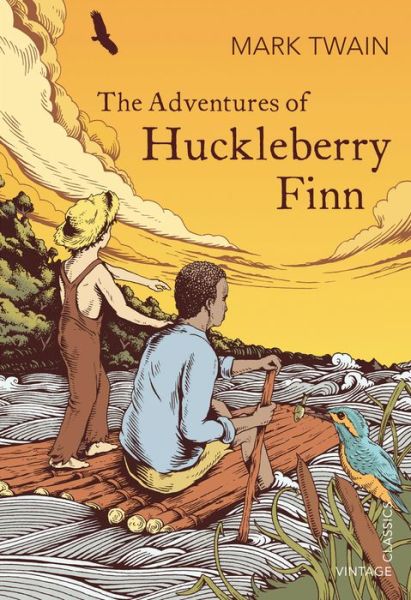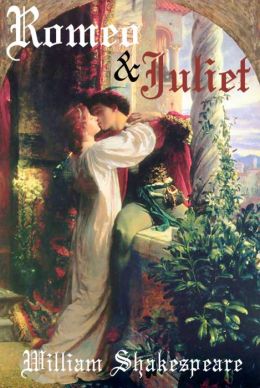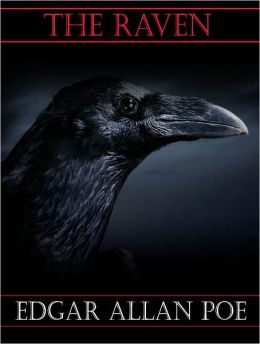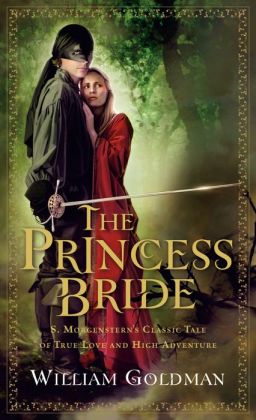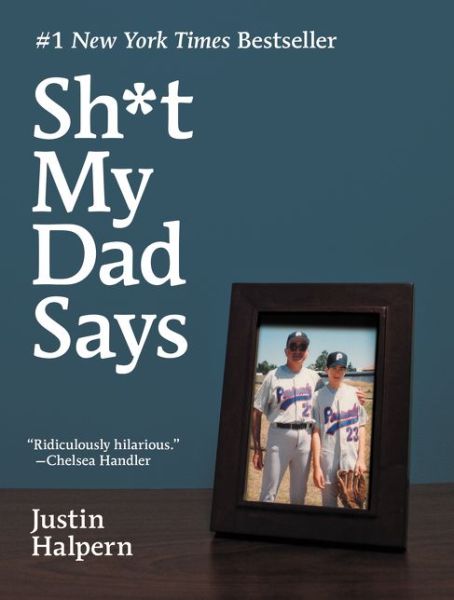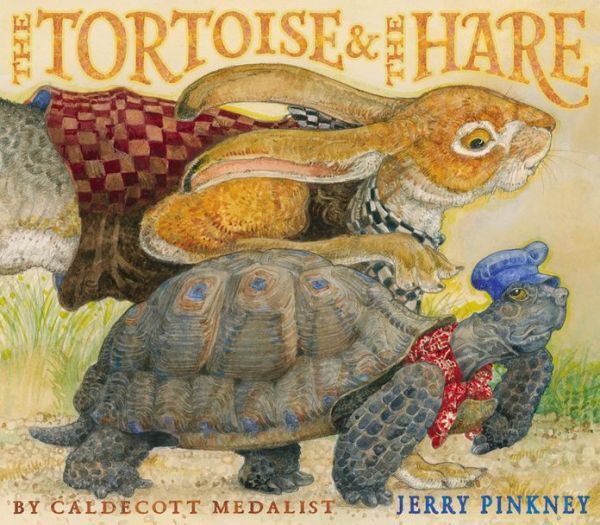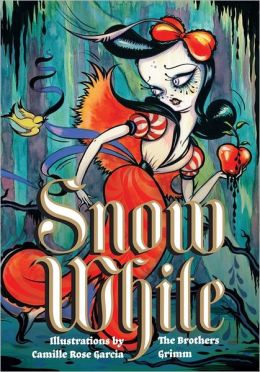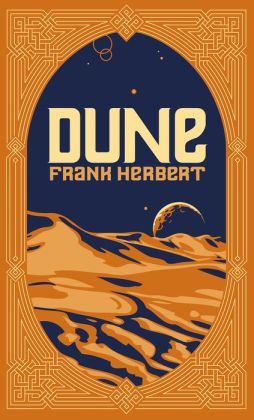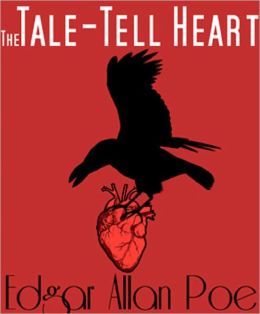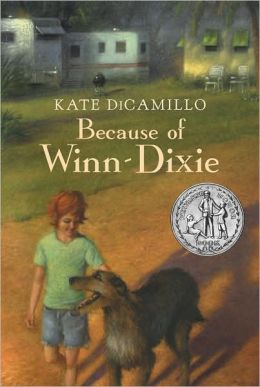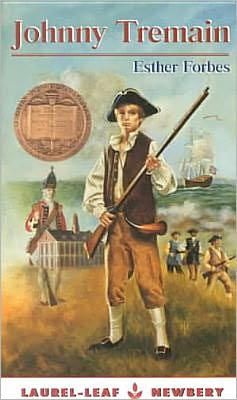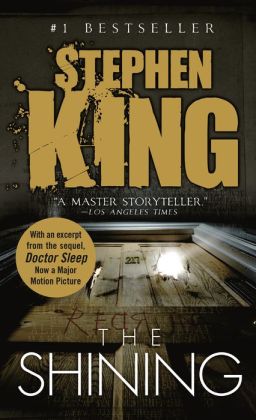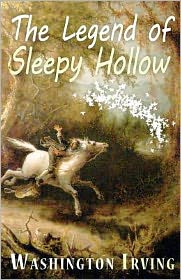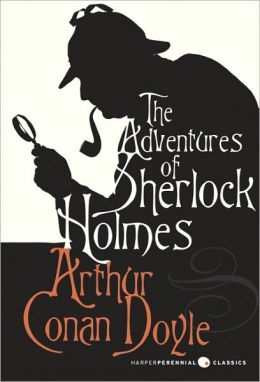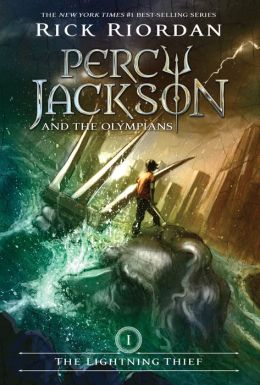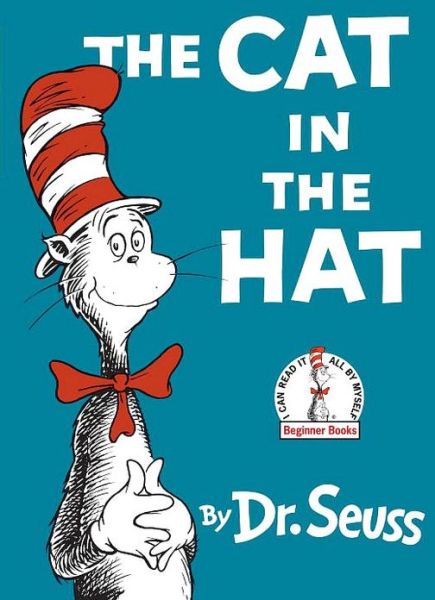
 |
| Image courtesy of Stuart Miles FreeDigitalPhotos.net |
I recently engaged in a conversation with other authors and the topic of self promotion came up. Several jokes were made about the various methods of self promotion that can be used to garner the most attention. This then led to a thought provoking discussion on the quality of the attention we attract versus the quantity.
Sure, we all want more fans. The more fans we attract, the greater the potential for our work to be seen. But the kind of self promotion you do can sometimes attract the wrong attention. We all know that sex sells; the concept is thrust in our faces on a daily basis, from commercials to magazine ads to billboards. The more scantily clad the model (male or female), the more attention the ad gets. But how many times do we remember the half naked model more than the product they are advertising. Sure, it will attract oglers, but does it bring in more clients?
Social media is a powerful marketing tool that can be used by anyone from seasoned professionals to novices. When using social media, you need to decide what is more important to you, the number of fans or followers that you are able to amass, or the quality of those fans/followers. This is something that I thought quite a bit about when I first started promoting my writing. I would look at other pages and see that they were able to gain a large following relatively quickly and I would wonder what I was doing wrong. Personally, I’m not all that great at self promotion because I hate feeling like I am bothering other people by constantly thrusting my work in their faces. I’m a big believer in having my work speak for itself. The trick is to find the right balance between the two.
If all you care about is how many people are following you or subscribing to your page, etc… then you will use any means necessary to gain those followers, even employing tactics that appeal to the wrong audience. There are even services out there that offer to direct traffic to your page, guaranteeing a boost in followers. But how do you know that those new followers will actual be true fans? Just because they follow you does not mean that they will take the time to read your work or learn more about you. Is that really a good gauge of how well your work is being received? Does it indicate to future potential fans that your work is something they would enjoy, just because you have a large number of followers? What if those fans don’t engage or offer any honest feedback?
On the other hand, having less fans/followers may feel like an indication that your work is not getting attention and can be hard on anyone’s ego. But if they are true fans, they will follow you because they are interested in your work and will engage and comment on your activity. This kind of engagement will lead them to tell others and slowly, but surely, you will gain true, productive fans. Taking the time to focus on ensuring that you offer these fans quality work, is far more important than boosting your numbers. Having happy, involved fans can help you grow as both an author and a brand.
So the choice is yours. Do you care more about the number of fans/followers you can get? Or are you looking for your work to do the talking and attract meaningful fans that can offer productive exposure?

